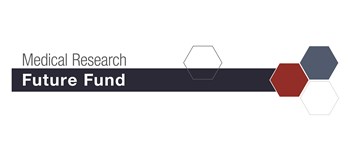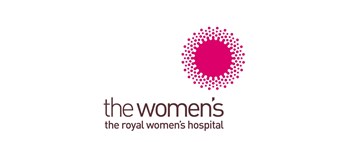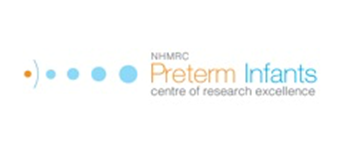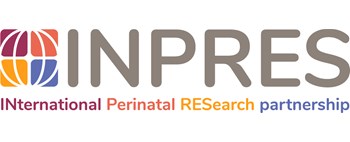Premature babies often need help immediately after birth to open their lungs, start breathing and keep their hearts beating. Once open, their lungs will often collapse again between each breath. To prevent this, nearly all premature babies receive help with their breathing using a treatment called positive end-expiratory pressure (PEEP). PEEP gently gives air or a mixture of air and oxygen to the lungs between each breath to keep them open and stop them collapsing.
Currently we do not have enough evidence on the right amount of PEEP to give at birth. As a result, doctors around the world give different amounts (or levels) of PEEP to premature babies at birth. In this study we are exploring two different approaches to PEEP to help premature babies during their first breaths at birth.
Trial Closed to Recruitment!
Thank you to the kind and generous families agreeing to take part in this promising trial.
Results expected March 2026!
Watch this Space!
Key Facts
- Very premature babies have a risk of long-term lung disease (chronic lung disease)
- The more breathing support a premature baby needs at birth, the more likely they are to develop chronic lung disease
- We currently don’t have enough evidence on the right amount of PEEP to give at birth which results in doctors around the world giving different amounts to premature babies at birth
This clinical trial has been initiated by a group of doctors from Australia, the Netherlands, and the USA, all who look after premature babies.
It is sponsored by the Murdoch Children's Research Institute (MCRI) and will be conducted in up to 25 hospitals that deliver preterm babies in Australia, Europe, the United Kingdom and the USA.
The trial aims to enrol 906 babies from around the world.








